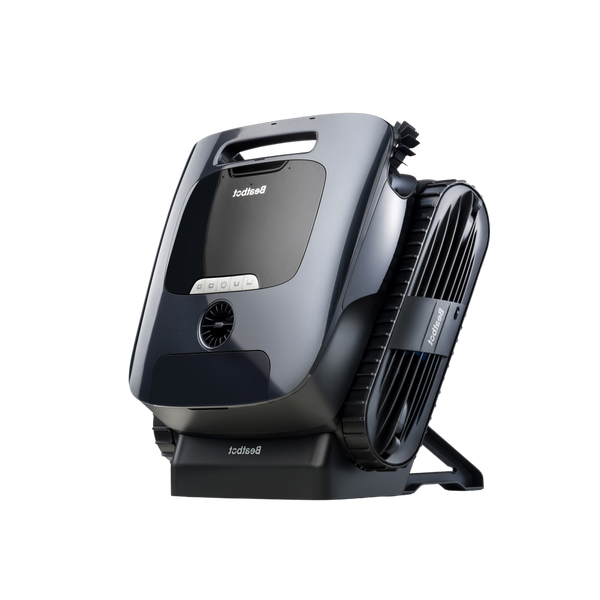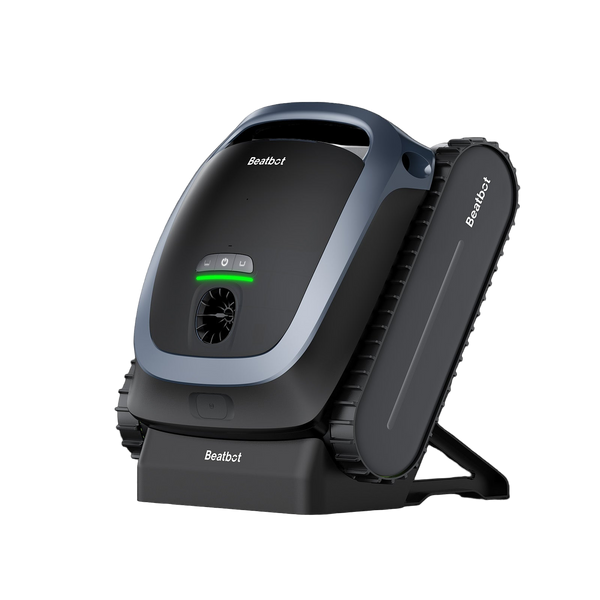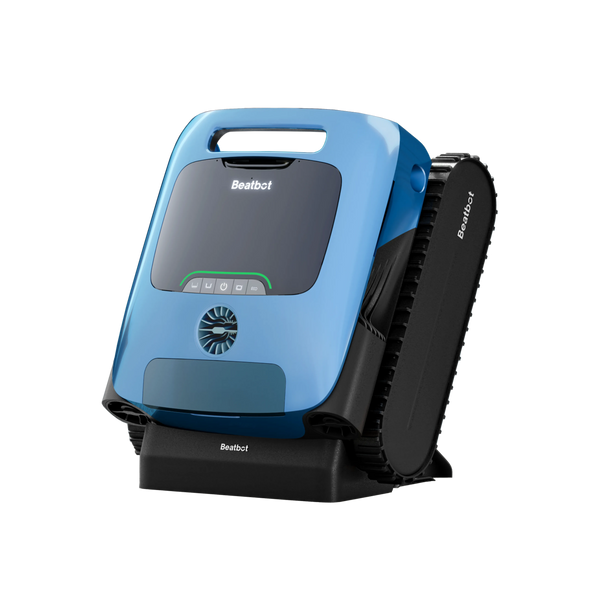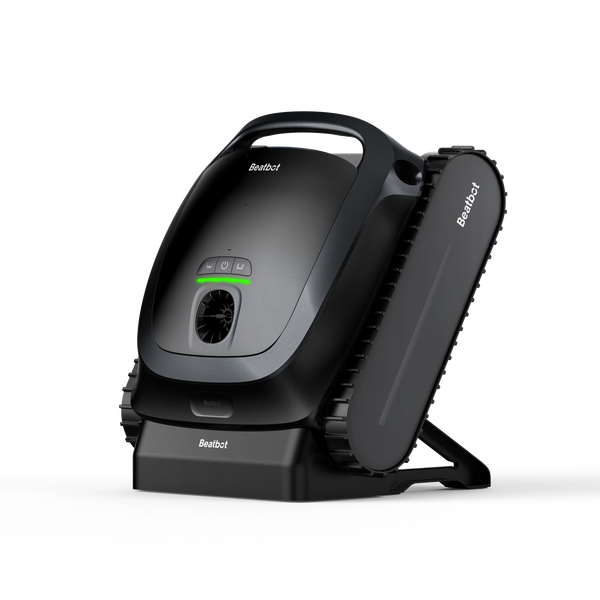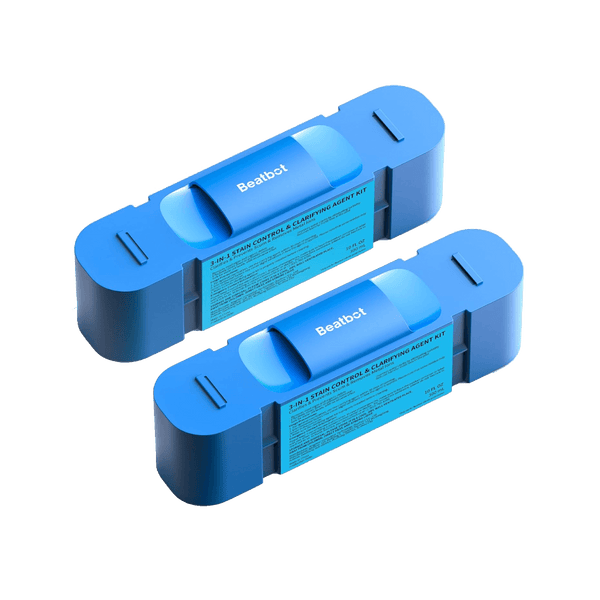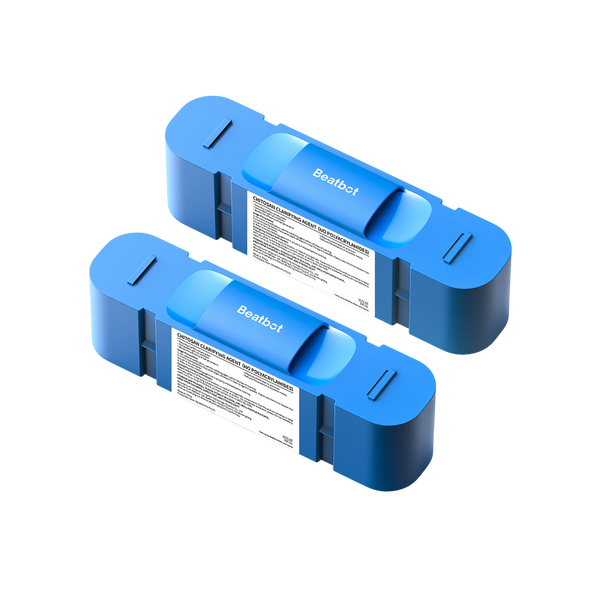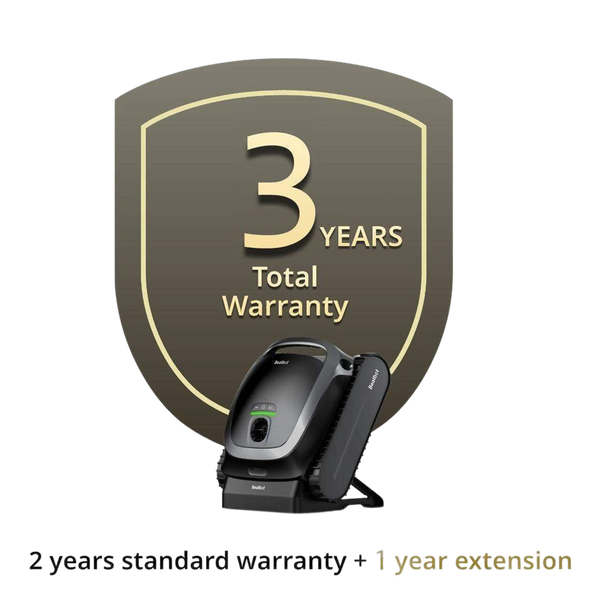Why My Pool Water Feel Sticky? Causes and Cures
Ever jumped into your pool and noticed something feels off? When pool water turns sticky, it ruins the swimming experience. Nobody wants to feel like they're swimming in syrup. Let's uncover why this happens and what you can do about it.Your pool should feel smooth and refreshing - not thick or sticky. Sticky water points to underlying problems that need quick action. Without proper fixes, these issues can damage your pool and empty your wallet.

Common Signs of Sticky Pool Water
Sticky pool water shows itself in strange ways. Rub your hands together underwater - they might feel slick or slimy. Watch swimmers exit the pool. If water beads up unusually or feels thick while drying off, you've got sticky water problems.Your pool surfaces tell the story too. Run your hand along the tile line. Sticky residue or a film-like coating means trouble. Check your skimmer baskets and filters - they often collect this gunk first.Pool toys reveal hidden problems. If they feel slick after drying or develop a weird coating, your water needs help. Even your pool cover might show signs - strange residue or unusual beading points to water chemistry gone wrong.
Chemical Imbalances Behind Sticky Water
High TDS Levels
Total Dissolved Solids build up over time. Think of TDS as everything in your water that isn't water. Salt, minerals, dead algae - they all add up. When TDS climbs too high, your water feels thick and sticky.Test strips won't catch high TDS. You need special meters or professional testing. Most pools should stay under 1500 ppm TDS. Above that, problems start. Some pools hit 3000 ppm or higher - that's when things get really sticky.
pH Problems
Wrong pH levels make chemicals act strange. High pH often creates that sticky feeling. Your pool's pH should sit between 7.2 and 7.6 - not higher. Test pH twice weekly, more during heavy use periods.High pH does more than make water sticky. It locks up your sanitizer, making it less effective. Scale forms faster. Equipment suffers. Getting pH right often fixes sticky water fast.Each pool fights different pH battles. Test yours often, especially after rain or heavy swimming. Quick fixes beat long-term problems every time. Remember - stable pH prevents most sticky water issues before they start.
Environmental Factors
Mother Nature loves messing with your pool chemistry. Hot days speed up evaporation, concentrating dissolved solids. Each raindrop carries its own cocktail of minerals and pollutants into your pool. Even morning dew affects water balance.Trees near your pool dump organic matter year-round. Pine needles pack heavy doses of tannins. Oak leaves release acids. Both create sticky situations. Trim back those branches or install proper covers during heavy leaf seasons.Wind carries more than leaves. Dust, pollen, and lawn chemicals blow right into your water. These microscopic troublemakers build up fast. Regular skimming helps, but you'll need deeper cleaning to tackle sticky buildup.
Hidden Sources of Contamination
Think twice about what enters your pool. Sunscreen creates an invisible film on your water's surface. Hair products wash off swimmers. Body oils add up fast. Each swimmer brings these hidden contaminants into your pool.Yard maintenance near your pool matters too. Fertilizers drift in with the breeze. Weed killers wash in with rain. Even mulch decomposition affects nearby pools. Create a buffer zone - keep lawn chemicals away from your pool area.Watch those cleaning products. Some pool cleaners leave residue behind. Others react badly with existing chemicals. Stick to manufacturer-recommended products. Skip the household cleaners - they cause more problems than they solve.

Testing and Diagnosis
Quick Tests
Grab a water sample from elbow depth, away from returns. Standard test kits show pH, chlorine, and alkalinity. But sticky water needs more investigation. Look for unusual foam, film on test vials, or strange odors.Professional testing reveals hidden problems. Pool stores offer free advanced testing. Take samples in clean containers. Don't wait - morning samples give most accurate results.
Advanced Diagnostics
Check filter pressure readings. Higher than normal? Sticky substances might clog your system. Inspect pump baskets and skimmers for unusual buildup. Clean filters more often when fighting sticky water.Test cyanuric acid levels too. High CYA makes water feel different. Check total hardness - it affects how water feels on skin. Remember to test after adding any chemicals. Changes happen fast in warm water.
Treatment Solutions
Tackle sticky water head-on. Start with shocking your pool - use calcium hypochlorite shock after sunset. Run your pump overnight. This breaks down organic buildup fast. Skip swimming for 24 hours after treatment.Filter maintenance can't wait. Backwash or clean cartridge filters now. Sticky water clogs filters quick. Add filter cleaner for deep cleaning. Some pools need filter media replacement to solve stubborn problems.Lower your TDS if readings stay high. Drain some water, refill with fresh. Mix it up - drain from different depths. This removes concentrated problem areas. Add fresh water slowly to avoid shocking your pool's balance.
Maintenance Prevention Tips
Beat sticky water before it starts. Clean skimmer baskets weekly. Brush pool walls twice weekly - more in summer. This stops buildup from sticking around.Set a water testing schedule. Mark it on your calendar. Test weekly in cool months, twice weekly in summer. Keep records - spot trends before they become problems.Replace pool water partially each year. Aim for 20% replacement annually. More for heavily used pools. Fresh water dilutes problem-causing buildup.
Final Thoughts
Stop fighting sticky pool water. Take action early when water feels off. Test regularly, maintain filters, and keep debris out. Prevention beats cure every time.Remember - your pool should feel smooth and refreshing. Weird water texture means something's wrong. Don't ignore it. Check chemical levels, watch for contaminants, and maintain proper filtration.Quick response keeps small issues from growing. Keep testing supplies handy. Build good maintenance habits. Your reward? Crystal clear, smooth-feeling water all season long.Consider calling pros for tricky cases. Sometimes expert eyes spot problems you might miss. They've got tools and tests that find hidden issues fast. Save time and money - fix problems right the first time.
Relative Blogs
About the author


